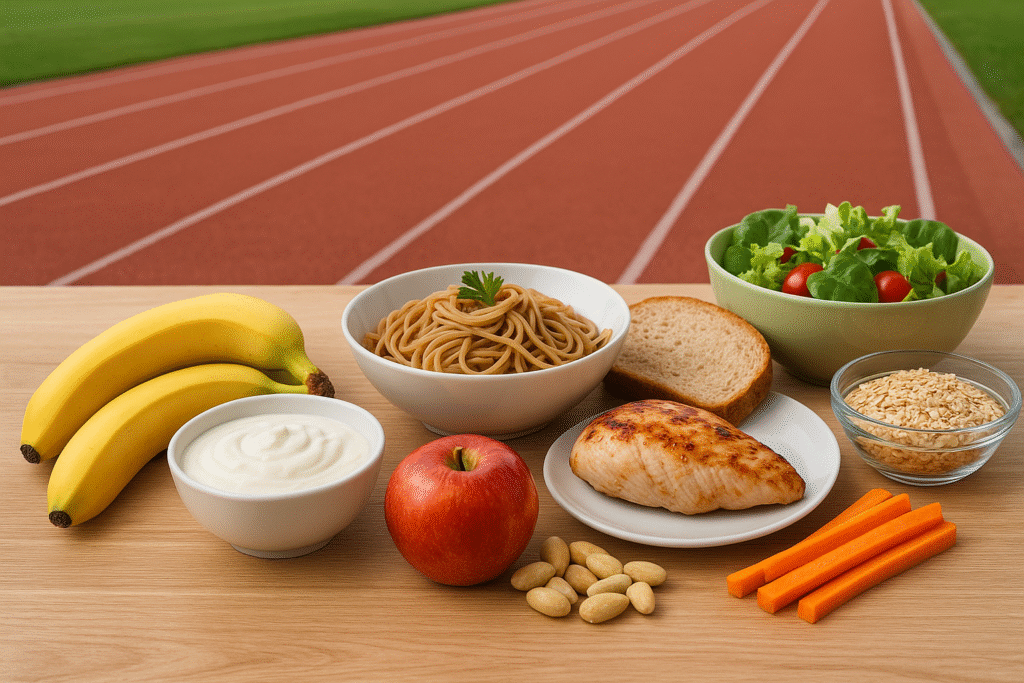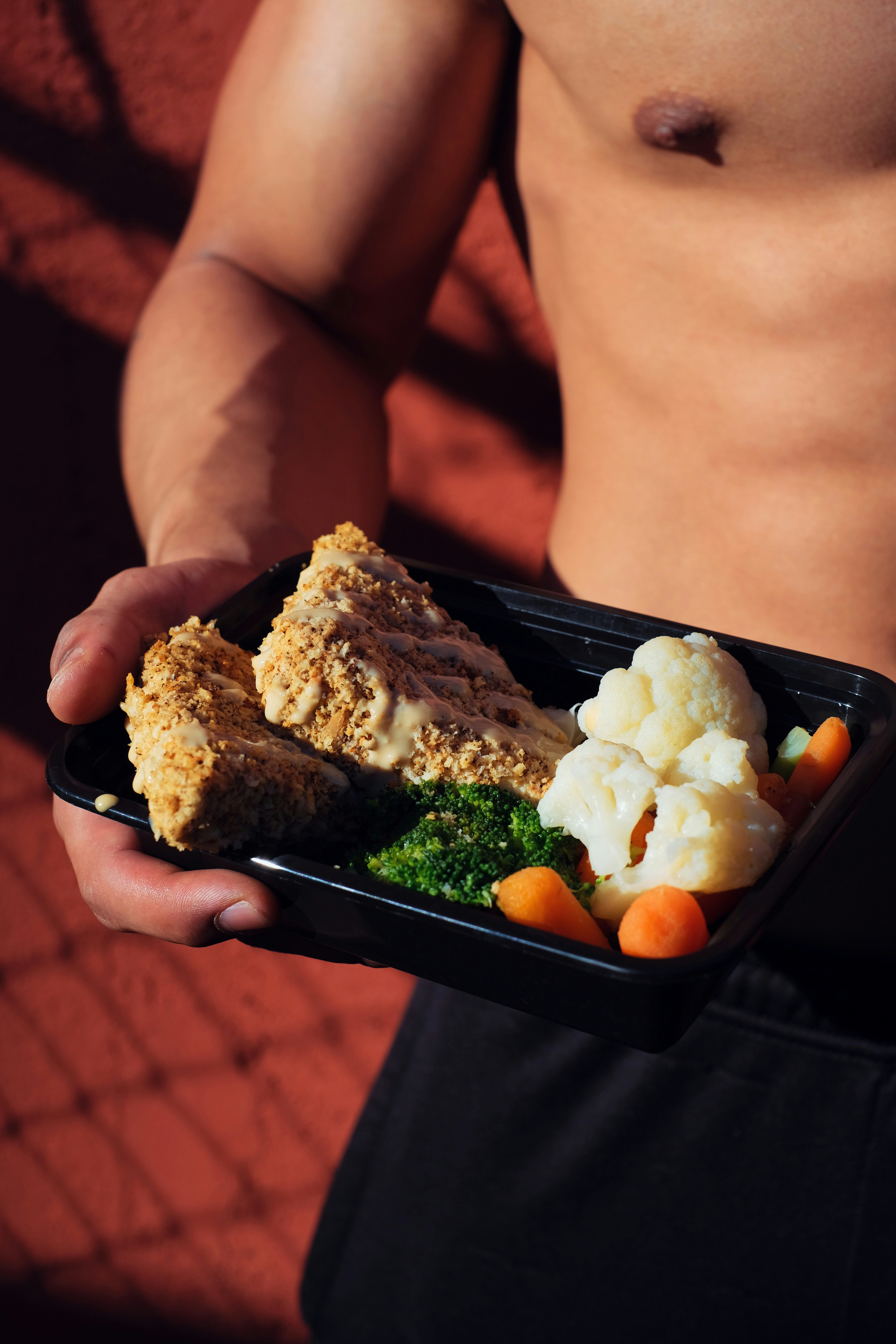Pre-Run Nutrition: Preparing Your Body
Let’s talk about pre-run fuel—because what you eat (and when) can seriously make or break your run.
Before you head out for that long-distance training session, your body needs the right kind of fuel to help you perform your best. Carbs are your best friend here. Think of them as the fuel in your tank. Complex carbohydrates like oats, bananas, whole grain toast, and fruits help stockpile glycogen in your muscles so you’ve got lasting energy when you need it most.
Now, don’t skip protein either. A bit of lean protein—like eggs, Greek yogurt, or a scoop of plant-based protein—can support your muscles and aid recovery before you’ve even started. Ideally, aim to have your pre-run meal about 3–4 hours before you run, especially if it’s a long one. That gives your body enough time to digest and settle in.
Too close to your run? No worries. If you’re short on time or have a sensitive stomach, go for something lighter 30–60 minutes before—like a banana, a slice of toast with peanut butter, or a small protein bar.
And let’s not forget hydration. Water is huge. Try sipping water consistently throughout the day before your run. You can also consider an electrolyte drink if it’s hot out or you’re running for more than an hour.
Nutrition During Your Run: Keeping Energy Steady
Ever felt great at kilometre 3 and hit a wall at kilomtre 7? Yeah, we’ve all been there—and nutrition is often the reason.
Once you’re out there running, your body continues to burn through those glycogen stores. To keep your energy stable, it’s important to refuel on the go—especially if you’re running more than an hour.
Hydration is still priority number one. A handheld water bottle or hydration vest with sips every 15–20 minutes can keep you moving comfortably. And if you’re sweating heavily, try a sports drink or electrolyte mix to replenish what you’re losing.
When it comes to energy, carbs are still the MVP. This is where running gels, chews, and even natural options like dates or dried fruit come into play. Many runners swear by energy gels for their convenience, but some prefer the chewable kind for a slower, steadier release.
A good rule of thumb? Start fueling 30–45 minutes into your run and keep it going every half hour or so. The key is to test these strategies during training—not race day—so you know exactly what works for your body.
Post-Run Nutrition: Recovery Starts Here
You made it! But your run isn’t truly over until you refuel.
Post-run nutrition is all about recovery—restoring glycogen, rebuilding muscles, and rehydrating properly. Within 30–60 minutes after your run, aim for a mix of carbs and protein. Something like a smoothie with fruit and protein powder, a turkey sandwich, or Greek yogurt with granola hits the spot.
Carbs help replenish what your muscles burned off, and protein helps repair and strengthen them. This combo also reduces soreness and helps you bounce back quicker for your next run.
Hydration is just as critical post-run. If it was a long or particularly sweaty run, think beyond water—electrolyte drinks or coconut water are solid picks.

Create Your Own Nutrition Plan: One Size Doesn’t Fit All
Let’s be real—every runner is different. What fuels one person’s half marathon might wreck another’s stomach. That’s why building a personalised nutrition plan is one of the smartest things you can do for your training.
Start by keeping a food and run journal. Track what you eat before, during, and after your workouts—and how you feel. You’ll quickly start to notice patterns: what helps you feel strong, what leads to cramps, and what keeps you energised.
As your runs vary in distance or intensity, so should your fueling strategy. A short 3km might only need a small snack, while a 15km long run may call for a full pre-run meal and mid-run fueling. Weather matters too—hot, humid days often require more hydration and sodium.
Your goal? Find the rhythm that works for you. And if you’re still experimenting, check out our runner-tested favorites to get started.
Fuel smart, run strong—and listen to your body. That’s where your best performance starts.
Your Next Read
If you have any running nutrient hacks that work for you, please share below:

